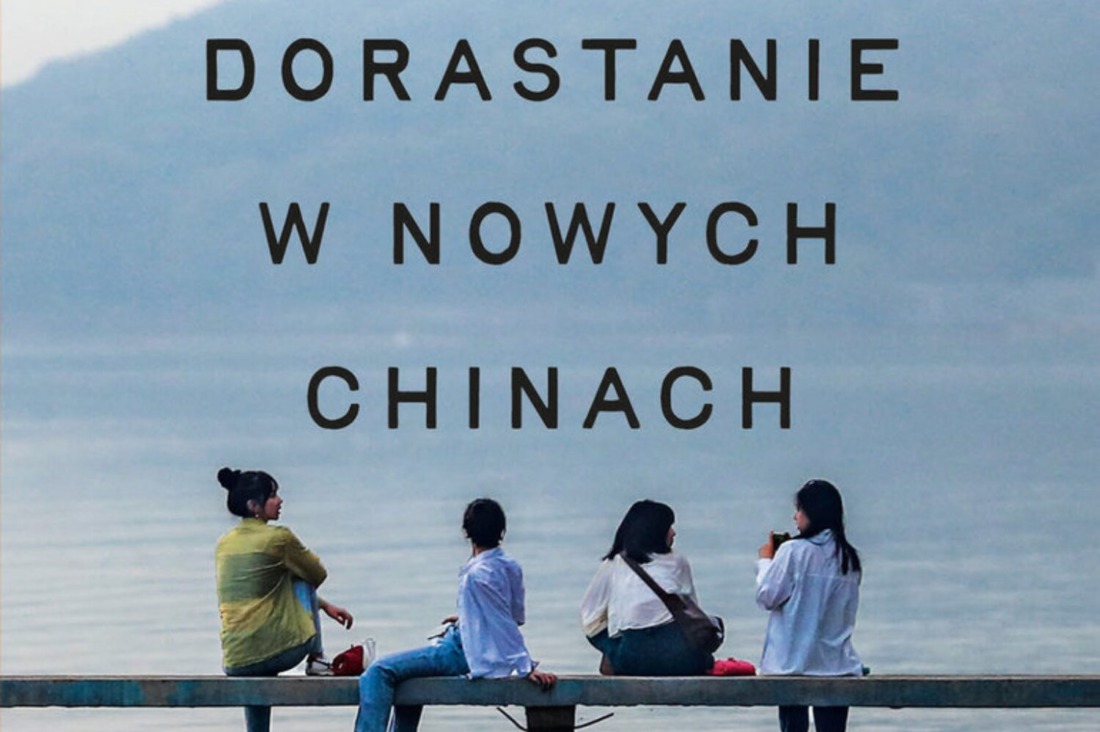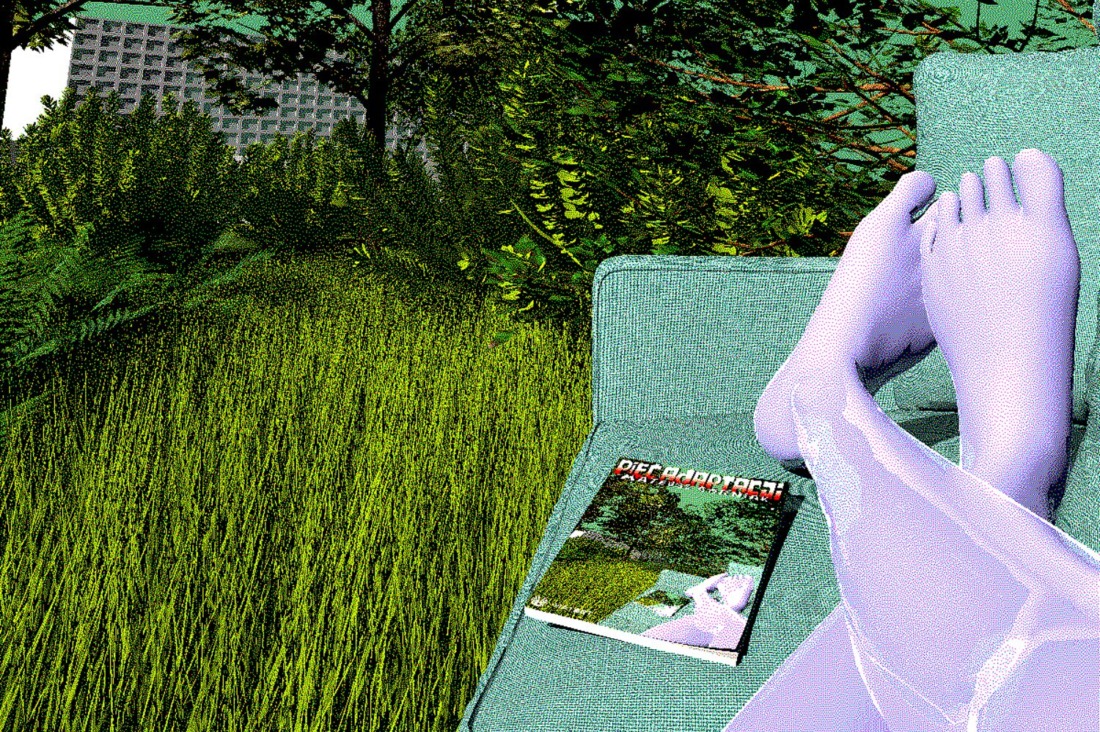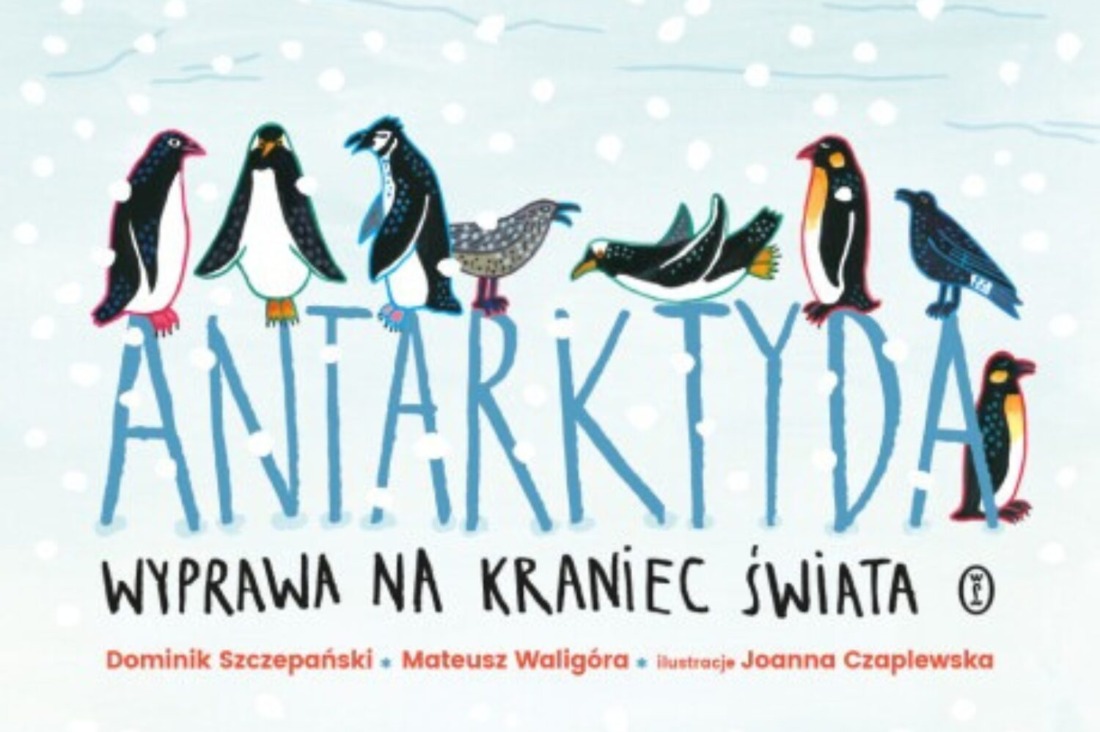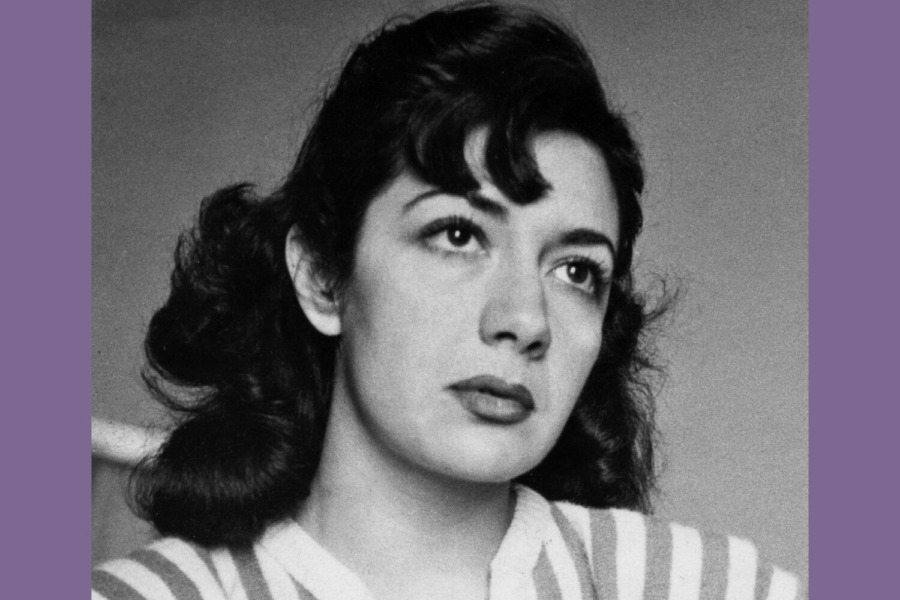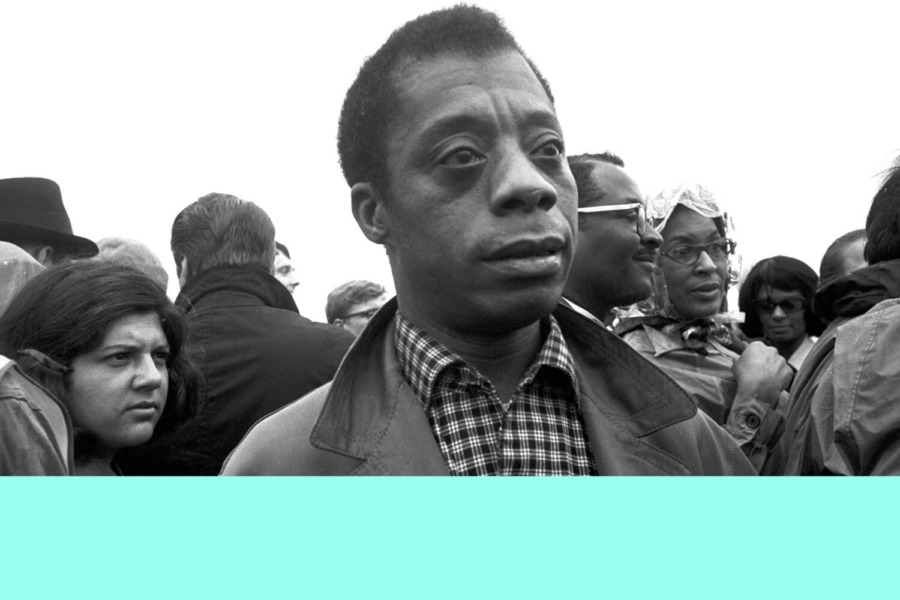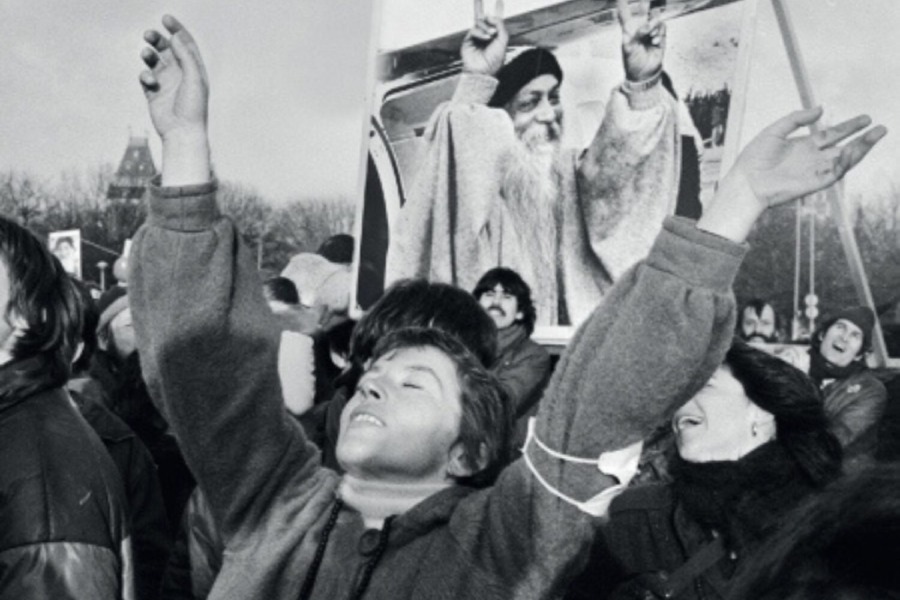Scott Raab
Fear and surprise
I did not want to come to Poland in the first place. Why? Fear. Also ignorance, which – among fortunate, comfortable human beings – is fear’s central component.
Not complete ignorance, of course. I grew up in Cleveland, Ohio, in the bosom of my mother’s family. My maternal grandparents were born in Hungary, Orthodox Jews who came to the U.S. before World War I. My father’s mother, whom I knew only a little bit, was Russian; my father’s father, who died before I was born, was from Belz, Poland (now Ukraine). So I knew that I had roots in various places, including Poland.
But on both sides of my family, there was no European lore, no history – oral, written, or visual. Only long silence, followed by the death of those who might have shared something of their lives before they came to America. My grandparents never spoke of those they left behind.
I studied literature, not history, so my vision of Poland was formed largely by the work of writers like Sholom Aleichem, the brothers Singer, and Bruno Schulz – and the fiction and non-fiction of Shoah survivors. And for the past few months, to immerse myself in the feature story I’m writing about John Demjanjuk, I’ve read much historical material about the Nazis’ efforts to exterminate Jewry – and also about the Holodomor, the Ukranian famine Demjanjuk lived through as a boy.
This reading stoked my dread, and I found no reassurance in my previous trips to Europe. I had visited Germany and Belgium and Luxembourg. These places felt cold to me. Not unpleasant, not unfriendly, not threatening, but stiff. When I visited Europe for a vacation, for pleasure, I went to France. (Paris sometimes felt unfriendly, but never cold or stiff.) And as an American child of the Cold War era, I had no yen to see any Soviet Socialist Republic. Finally, as a Jew who inherited a shtetl vision of Poles and Ukrainians – as Jew-haters and Cossacks and peoples who by and large shared Hitler’s violent hatred of Jews – I felt zero interest in mingling with those tribes.
Finally, the Internet: What I read of Poland led me to believe that I would be traveling on poor roads full of lawless, drunken drivers, and that the trip from Warsaw to Sobibor and back would be inconvenient, at best. I would arrive on a Sunday, so I figured that all shops would be closed, if not in Warsaw, then certainly en route to my backwoods destination.
In short, I arrived as some version of a perfect American fool – a half-educated middle-aged Jew reporting a story for a glossy monthly magazine, complete with an expense account, a tape recorder, and a mix of fear, resentment, and disdain for Eastern European goyim.
My first impressions were colored by the young journalist who met me at the airport, Bartek Zwierz. Very sharp. Very funny. Very willing to laugh at my surprise: Behold sushi! In Poland! The drive from Warsaw to Sobibor was not so difficult; the roads were not so bad – the worst parts were getting into and out of Warsaw, due to the ongoing construction; I saw no weaving drunks. The countryside was gorgeous. Above all – because my fears tend to come out of my mouth as jokes, and because I habitually joke about anything with anyone – I was at ease with a young Pole who could joke with me about my ignorance and fear, and who also could tell me things about his country and his experience of it over the past twenty years.
I did not feel at home – I am a person who rarely feels at home even at home – but I felt happy to be in Poland, and lucky to visit at a time when it seems that Poland seems proud of herself, as a thriving part of the European Union, not merely a poor relation with aspiratons beyond itself. I worry that this sort of summing-up is too glib, too pat; it is silly to think a day or two in Poland entitles me to analyze a nation and a people; in any case, I haven’t yet digested my own experience fully, and I’m now hard at work on the story I came to write.
Because I was working on a story, my emotions at Sobibor were muted; I think they will reveal themselves to me as I write through the piece. I sense that I am full of sorrow and pity for the sufferings of my own people, and not full enough of the same feelings for the rest of the human race. This truth I felt in Poland, in my soul. It is a gift for which I’m very grateful.
* Scott Raab is an American journalist with “Esquire” magazine. He is currently working on a story on John Demjanjuk, whose trial will take place in Munich in the nearest months.


